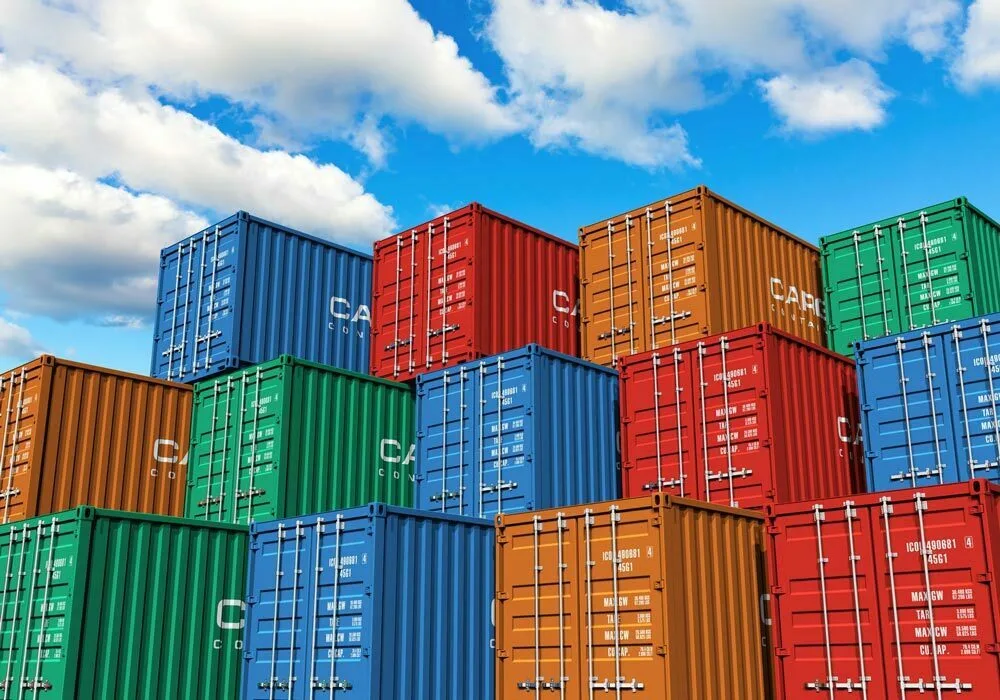Shibhaljazeera Net | Shipping | Red Sea
Container losses at sea have risen this year compared to last year’s levels, as ships were forced to change their course around the Cape of Good Hope, exposing them to harsh weather conditions due to Houthi attacks on shipments in the Red Sea.
Reports indicate that at least five ships lost more than 200 containers after Houthi attacks forced major operators to reroute ships along the African coast, despite high weather risks. Container losses reached 221 containers in 2023, the lowest level since data tracking began in 2008, after the annual average was around 1,500 containers, according to announcements made at the International Marine Insurance Conference in Berlin.
Although these losses represent a small fraction of the 250 million containers shipped annually, they cause significant disruptions for coastal countries. Authorities in South Africa reported that bottles of medicine containing tablets washed ashore from a damaged container.
The International Maritime Organization (IMO) is currently examining the results of a three-year study to explore ways to reduce container losses. The “Top Tier” project, managed by the Dutch Marine Research Institute (Marin) in collaboration with industry stakeholders, analyzes 44 incidents, including six in which more than 10% of the cargo was lost. The team also conducted tests to assess the extent of ship deviation before container loss.
The study found that crews did not receive adequate training on how to deal with parametric rolling, a phenomenon that occurs when the ship’s characteristics interact with sea conditions, leading to violent rollovers that can cause container loss. Rob Green, one of the project leaders, explained that there are significant discrepancies in how different classification societies assess ship deviation, making it difficult for the crew to know the safe operational limits.
Green said: “We need to improve crew training. This is critical; they are the ones doing the work and must know the risks to avoid.”
The study also revealed issues with container loading and inaccurate data regarding their weights, which affects where they are stored on the ship to achieve the best balance. In one case, 92% of the containers were loaded incorrectly according to the loading plan provided before departure.
A survey of crew members showed that loading information often arrives late and inaccurate, with frequent last-minute changes even after departure.
Houthi attacks in the Red Sea have led to the diversion of shipping routes towards longer paths around Africa, adding time and additional costs to voyages. While there has been no significant impact on insurance claims due to these circumstances, the South African Maritime Safety Authority has warned about the risks associated with bad weather and challenges in responding to maritime emergencies.
Among the recorded losses this year, the “CMA CGM Benjamin Franklin” vessel, with a capacity of 17,859 containers, lost 44 containers during bad weather off the coast of South Africa in July, none of which contained hazardous materials. The “CMA CGM Belem” vessel, with a capacity of 13,200 containers, lost 99 containers in August, while the “MSC Antonia” vessel, with a capacity of 6,969 containers, lost 46 containers.
Source: tradewindsnews
